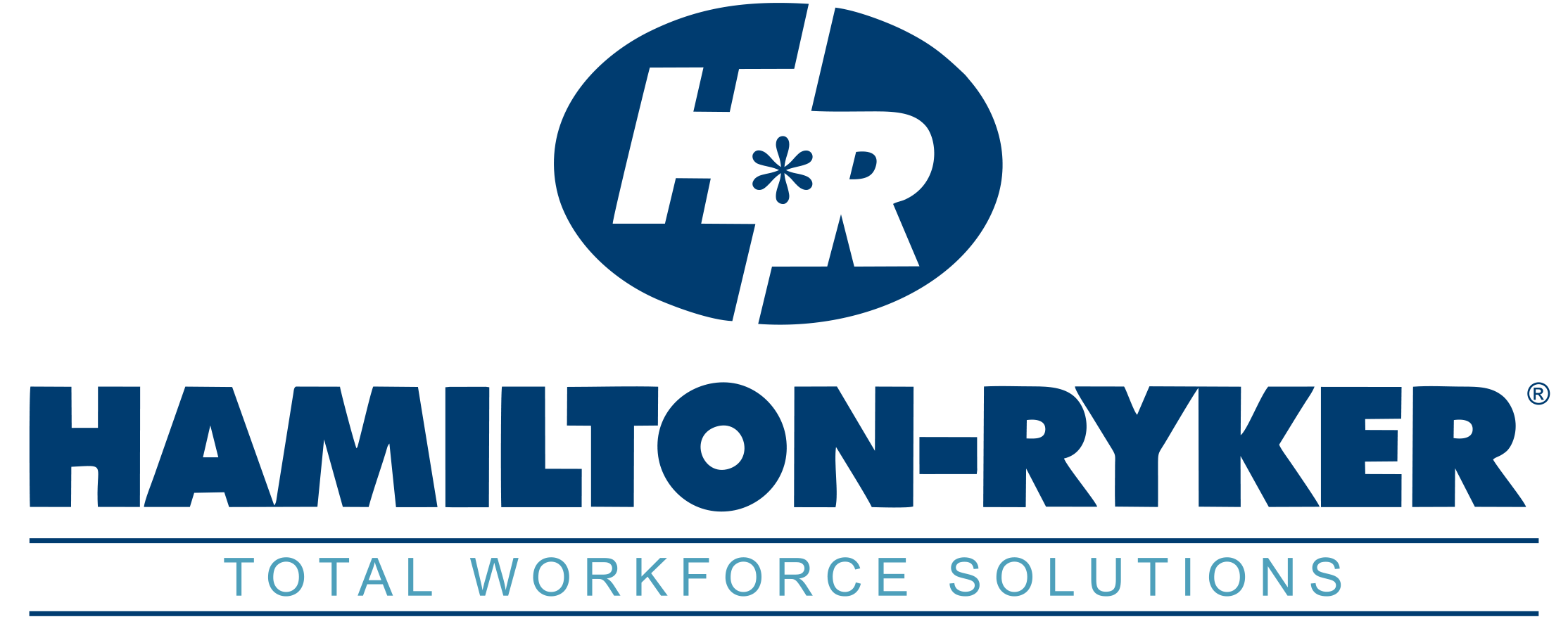Do You Have to Choose Between Higher Compensation or Lowered Expectations for Your Employees?
Today, many companies are struggling with the impact of what’s referred to as quiet quitting. While the term has a negative tone, it essentially refers to employees performing to the standard that’s outlined in their job description.
The issue is that many businesses have expectations that are reminiscent of hustle culture attitudes, where professionals push themselves further at work in hopes of advancing quicker or securing raises. Attitudes shifted among professionals when those who previously went above and beyond found that their additional efforts weren’t rewarded in the ways they expected. Instead, they may get more responsibilities, but they weren’t receiving raises or promotions, a move that is referred to by some as quiet promotions. As a result, hustle culture began to die, and some companies are struggling to adjust.
Currently, many organizations that are looking to adopt are asking a critical question: do you have to choose between higher compensation or lowered expectations for your employees? If you’re wondering whether selecting one or the other is necessary, here’s what you need to know.
Updating Expectations in a World with Quiet Quitting
Generally, employers view quiet quitting as a form of disengagement or declining performance. However, what it represents is a shift in the mindsets of professionals. Most employees aren’t striving to miss productivity goals. Instead, they’re simply aiming to meet expectations.
The issue is that many companies have unspoken expectations about performance. They became used to employees going above and beyond, often motivated by the chance for career advancement. The issue is that progression wasn’t always the result of the additional effort and that left professionals disenchanted.
As a result, companies do need to adjust their mindset primarily by not having unspoken expectations. That’s where the disappointment lies. Employers initially gave employees specific guidelines regarding what’s required for their role, but the companies quietly had other expectations, too. Since those undefined expectations weren’t part of the job description, employees aren’t inherently required to meet them to maintain the stated performance standard.
Ultimately, that creates a disconnect that leads to frustration for both parties. Fortunately, it’s correctable. Updating job descriptions and having transparent conversations with employees about expectations, it brings everyone’s understanding of what’s needed in line. That can significantly reduce the chances of a conflict.
How Compensation Factors into the Equation
While updating job descriptions and clearly discussing expectations is necessary, that doesn’t mean employers can simply add more responsibilities to an employee’s plate without factoring in compensation. If a previously unspoken expectation turns into a genuine job requirement, then salary adjustments are potentially necessary.
Ultimately, compensation needs to be fair and competitive based on an employee’s workload, the expertise required for the job, and similar factors. If the addition of new explicit job requirements alters the formula significantly, paying more could become essential. Otherwise, quiet quitting could become turnover.
Ideally, companies need to strike a balance between compensation and expectations, aiming for fairness and competitiveness in the broader market. By doing so, there’s a greater alignment between what employees are bringing to the table at work, what they’re earning, and what managers expect, a move that often boosts job satisfaction, productivity, and retention.
At Hamilton-Ryker, we understand the challenges that companies face when balancing expectations and compensation. We design our approach to candidate sourcing and hiring creates to ensure alignment, leading to better results. If you want to learn more about how our team can assist you with accessing top talent, Hamilton-Ryker wants to hear from you. Contact us today.

